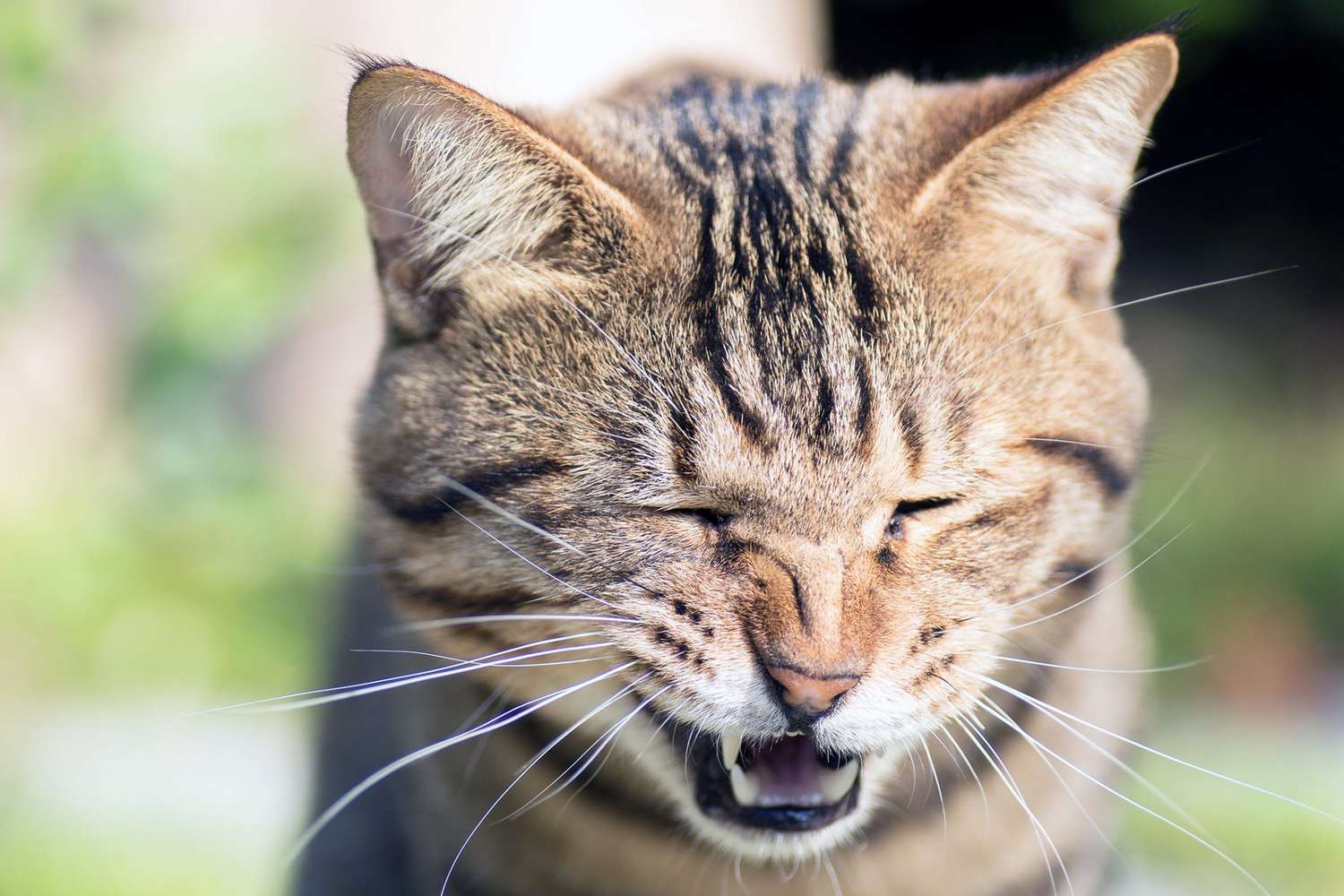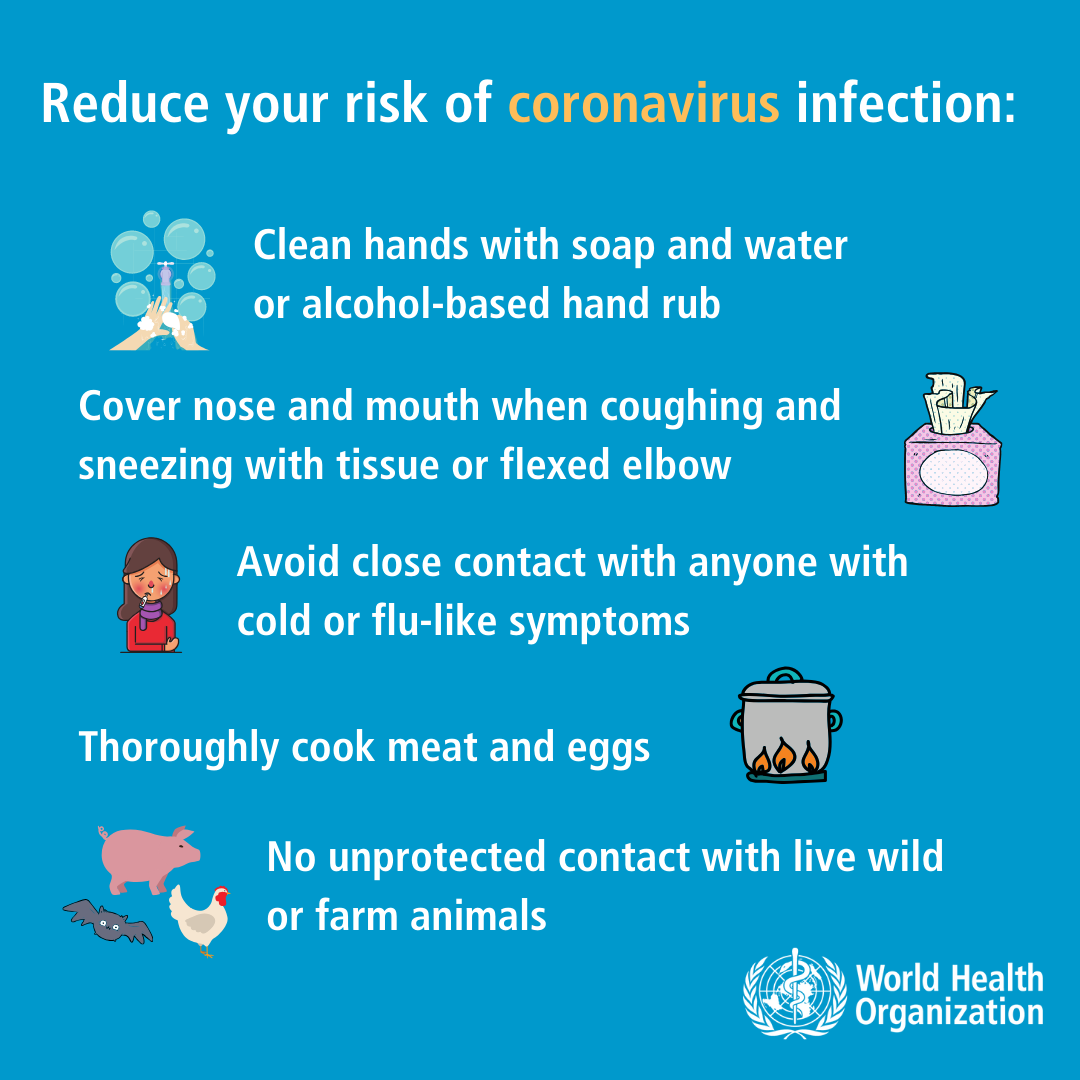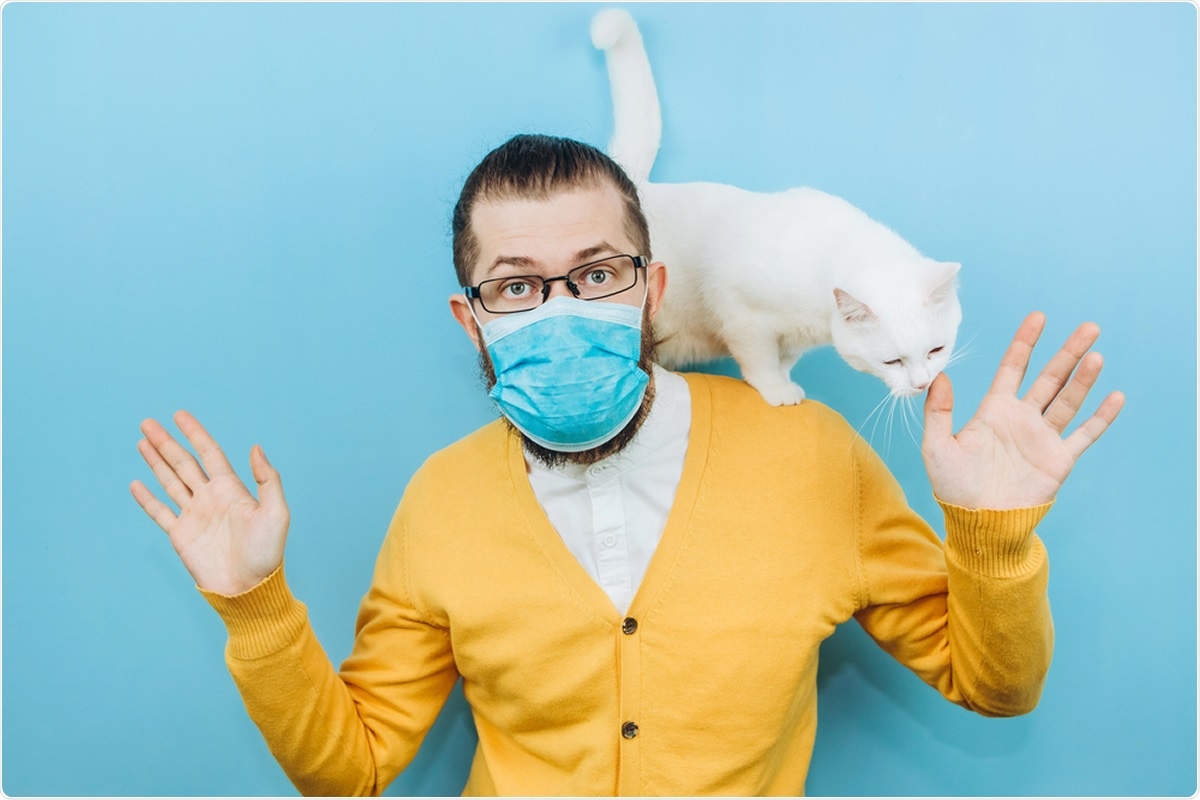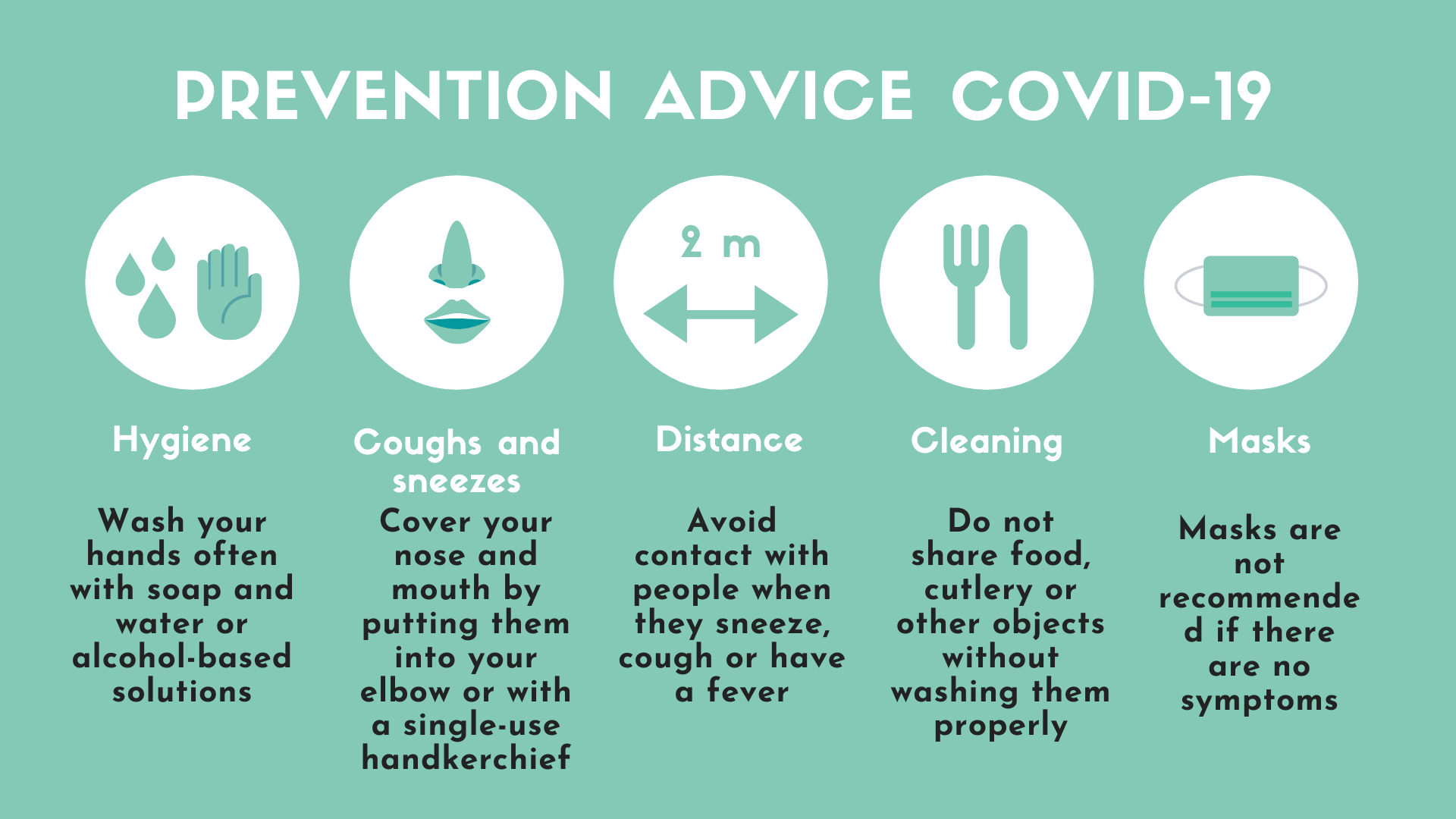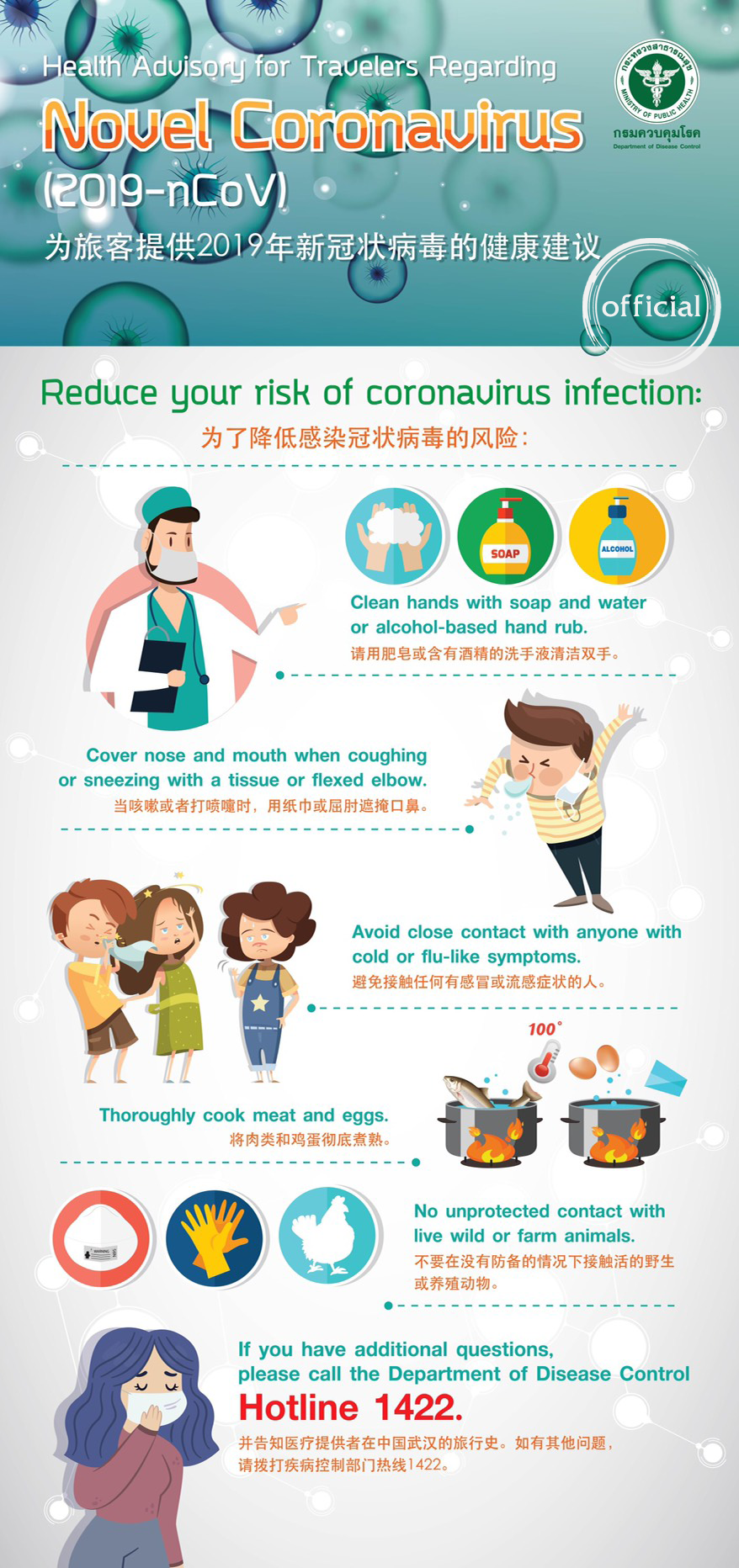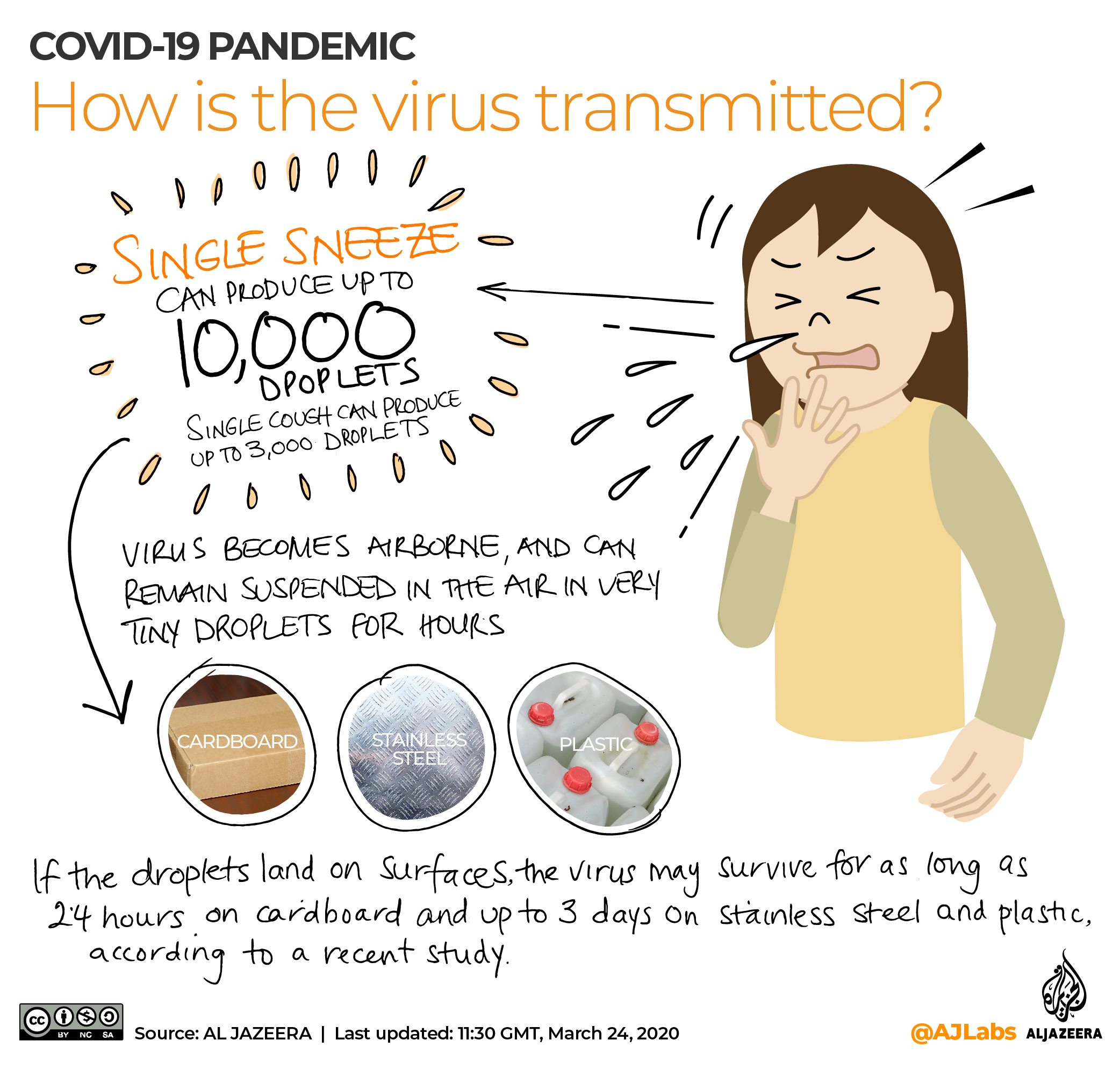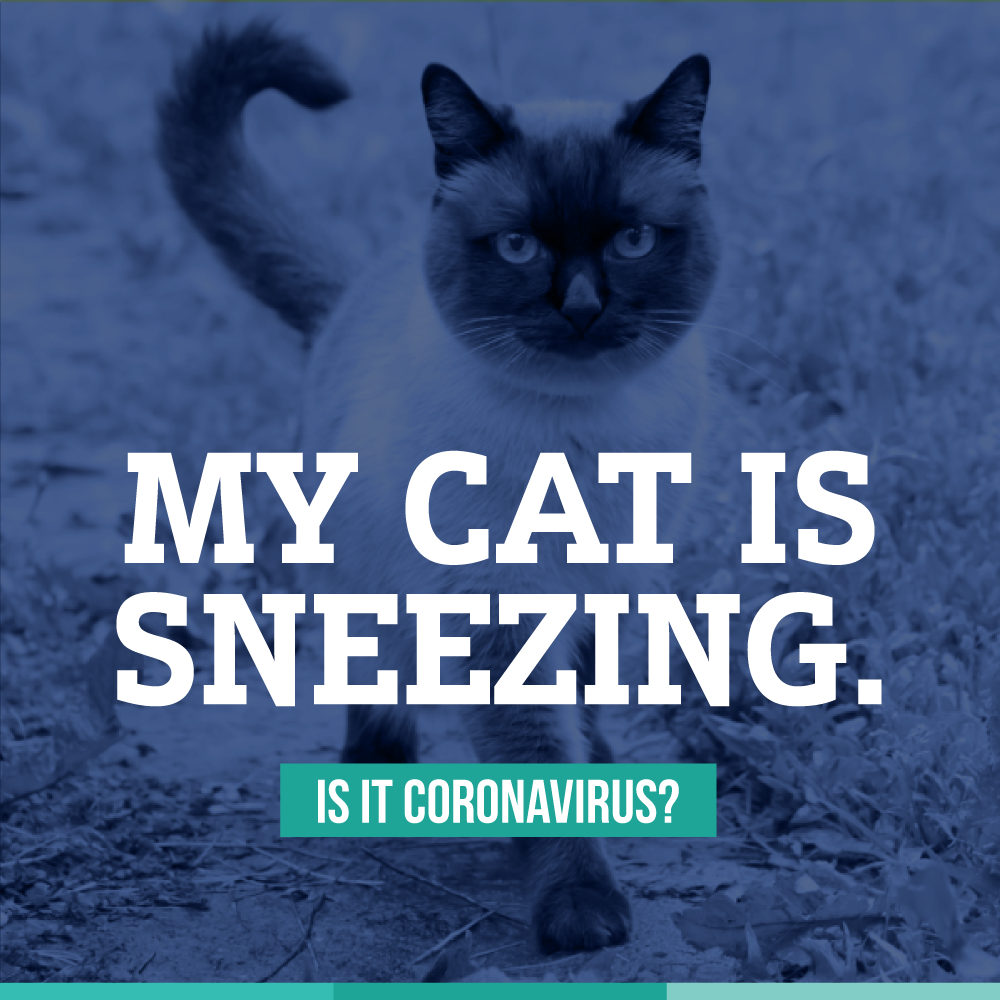Cat Coronavirus Symptoms Sneezing
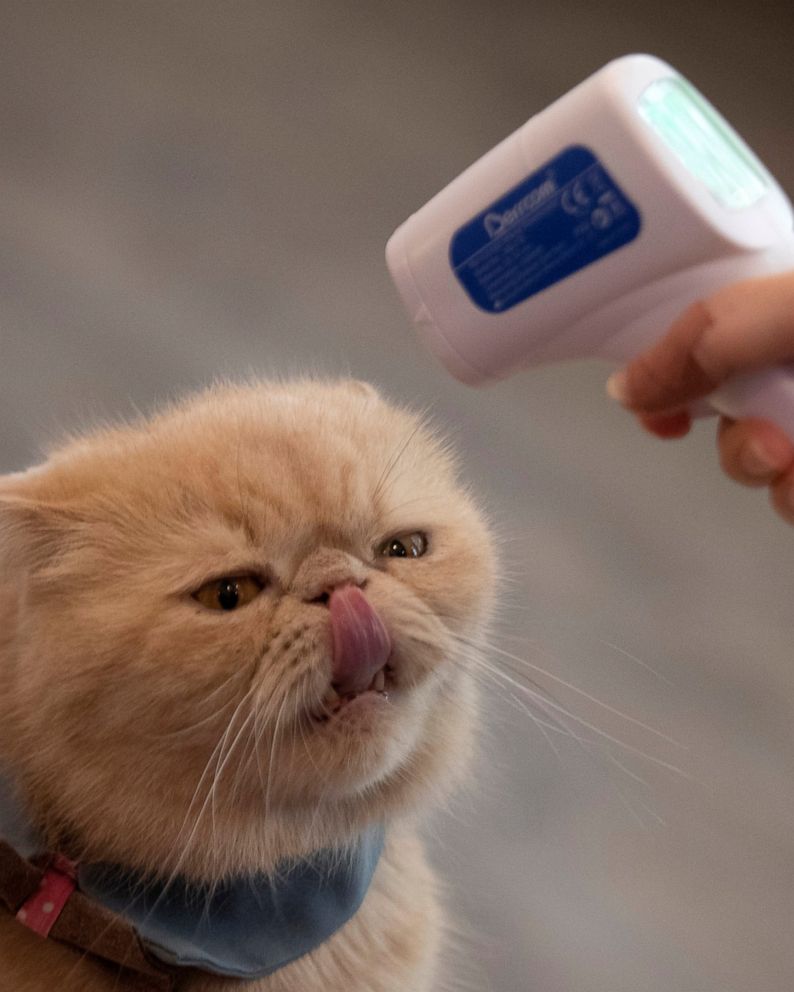
Cats may be able to spread coronavirus to humans despite showing no symptoms expert warns.
Cat coronavirus symptoms sneezing. Some of the most common allergy symptoms include sneezing itchy or watery eyes congestion or runny nose. They found that sneezing is a common symptom among those who got COVID-19 and had been fully vaccinated. Curist points out that sneezing can occasionally occur in COVID-19 patients but that allergy symptoms do NOT typically include fever sore throat or achiness which can be COVID-19 signs.
Infected people will start running a fever and experience fatigue and. Left untreated cat flu can become very serious. The cat with coronavirus had symptoms of feline herpes Professor Weir told LBCs Tom Swarbrick.
What if my pet shows symptoms coughing fever chills of human coronavirus COVID-19. However if your cat has other symptoms such as discharge from the nose and eyes the presence of blood or mucus in the nose decreased activity or loss of appetite have your cat examined by your veterinarian. If your cat sneezes only occasionally no treatment is generally needed.
The sneezing generally lasts for only a few days and goes away on its own requiring no treatment. Fortunately we can vaccinate against cat flu. Our data shows that people who had been vaccinated and then tested positive for COVID-19 were more likely to report sneezing as a symptom compared with those without a jab researchers wrote according to The Hill.
Eye discharge swelling or ulcers. The main symptoms for a cold are. There is currently no evidence that cats can transmit SARS-CoV-2 to people and the degree of disease that the virus causes in cats is unclear at this time.
The feline infections both natural and experimental documented thus far appear to have resulted in relatively mild symptoms. Irritants - substances such as perfume dust and smoke can cause sneezing. You can give COVID-19 to your cat.

